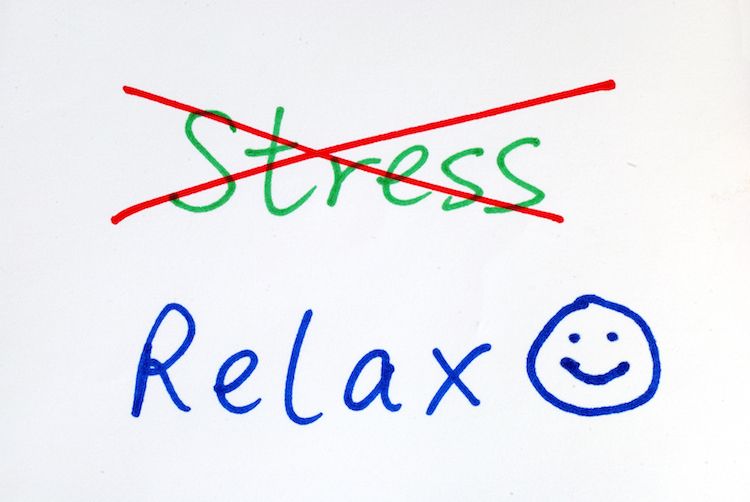
It’s important to learn how to recognize when your stress levels are out of control. The most dangerous thing about stress is how easily it can creep up on you. You get used to it. It starts to feel familiar, even normal. You don’t notice how much it’s affecting you, even as it takes a heavy toll.
The signs and symptoms of stress overload can be almost anything. Stress affects the mind, body, and behavior in many ways, and everyone experiences stress differently. Not only can overwhelming stress lead to serious mental and physical health problems, it can also take a toll on your relationships at home, work, and school.
Three Signs of Stress
- The “fight” stress response – You’re angry and agitated, keyed up, overly emotional, and unable to sit still.
- The “flight” stress response – You’re withdrawn and depressed. You shut down, pull away, space out, and show very little energy or emotion.
- The “freeze” stress response – You become frozen under pressure and can’t do anything. You look paralyzed, but under the surface you’re extremely agitated.
Dealing with Stress and Its Symptoms
While unchecked stress is undeniably damaging, you have more control over your stress levels than you might think. Unfortunately, many people cope with stress in ways that only compound the problem. You might drink too much to unwind at the end of a stressful day, fill up on comfort food, zone out in front of the TV or computer for hours, use pills to relax, or relieve stress by lashing out at other people. However, there are many other, healthier ways to cope with stress and its symptoms.
Since everyone has a unique response to stress, there is no one-size-fits-all solution to dealing with it. No single method works for everyone or in every situation, so experiment with different techniques and strategies. Focus on what makes you feel calm and in control.
Learn How to Manage Stress
You may feel like the stress in your life is out of your control, but you can always control the way you respond. Managing stress is all about taking charge: taking charge of your thoughts, your emotions, your schedule, your environment, and the way you deal with problems. Stress management involves changing the stressful situation when you can, changing your reaction when you can’t, taking care of yourself, and making time for rest and relaxation.
- Avoid unnecessary stress. Not all stress can be avoided, but by learning how to say no, distinguishing between “shoulds” and “musts” on your to-do list, and steering clear of people or situations that stress you out, you can eliminate many daily stressors.
- Alter the situation. If you can’t avoid a stressful situation, try to alter it. Be more assertive and deal with problems head on. Instead of bottling up your feelings and increasing your stress, respectfully let others know about your concerns. Or be more willing to compromise and try meeting others halfway on an issue.
- Adapt to the stressor. When you can’t change the stressor, try changing yourself. Reframe problems or focus on the positive things in your life. If a task at work has you stressed, focus on the aspects of your job you do enjoy. And always look at the big picture: is this really something worth getting upset about?
- Accept the things you can’t change. There will always be stressors in life that you can’t do anything about. Learn to accept the inevitable rather than rail against a situation and making it even more stressful. Look for the upside in a situation—even the most stressful circumstances can be an opportunity for learning or personal growth. Learn to accept that no one, including you, is ever perfect.



